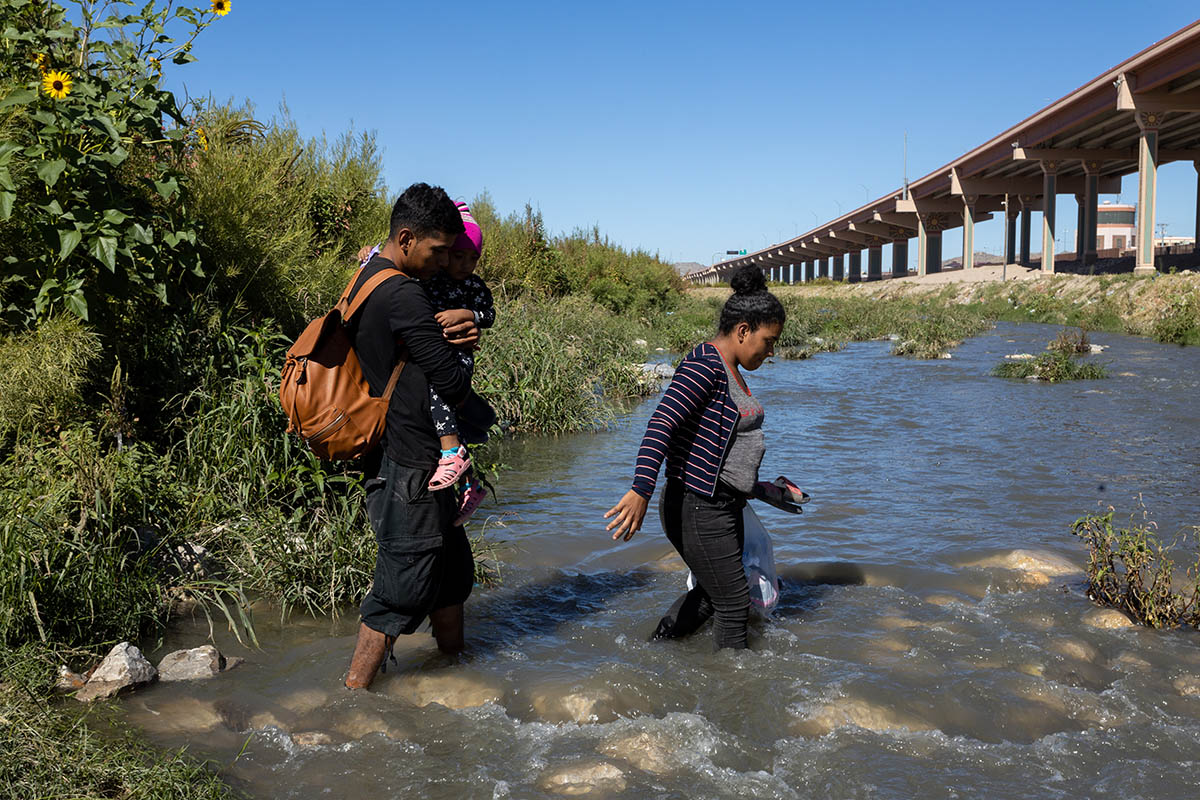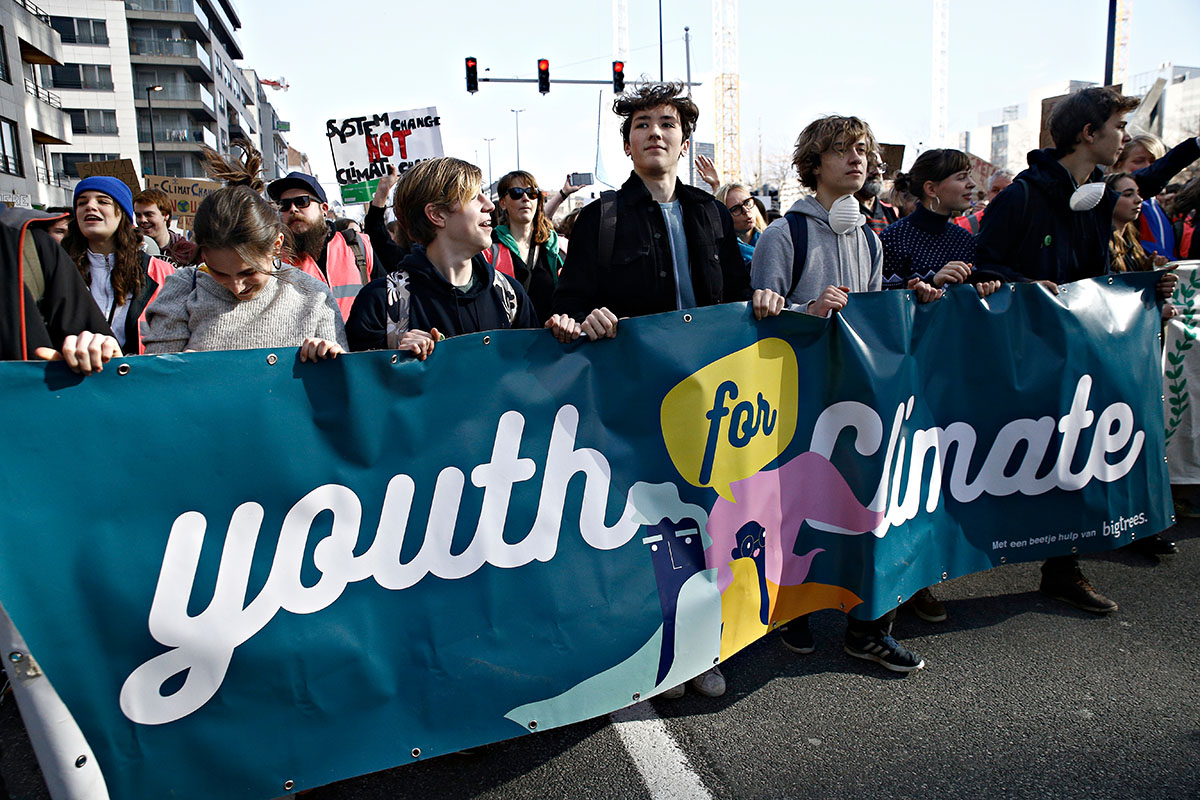Beyond Deportation: The Dilemma of Protecting the Rights of Migrants in the Face of State Sovereignty
December 15by Lilian Efobi
Daily, countries worldwide grapple with the intricacies of migration. Receiving nations feel disturbed with the migrants’ presence especially how it affects their economics, while the migrant nations worry over the impact of the exodus, especially in relation to brain drain. Migrants contribute greatly to their host countries despite the inequalities, discrimination, and injustice they face in those countries. Current rhetoric by leaders of western countries, for example, the United States President-elect Donald Trump who threatens the deportation of illegal migrants, has increased the challenges they face and the abuse to their fundamental human rights.
Migration is a part of human history. People migrate for several reasons such as to find new economic opportunities, seek an improved standard of living, escape conflict, climate-related disasters, political repression, and to seek asylum.
The United Nations General Assembly has designated December 18 as International Migrants Day, taking into account the large and increasing number of migrants in the world and to mark the anniversary of the 1990 adoption of the UNGA of the International Convention of the Protection of the Rights of All Migrant Workers and Members of Their Families.
A similar, but different commemoration is World Day of Migrants and Refugees, which is celebrated by the Church each year on the last Sunday of September, and this year had as its theme: “God walks with His people”. The theme came from Pope Francis’s message for World Day of Migrants and Refugees in which he juxtaposed the biblical Exodus of the Israelites in Egypt with modern migration, saying that every migrant is on a journey to rest and better living conditions and should be supported.
A migrant may choose to leave his or her own country to seek a better life in a different country for various reasons including finding a new job, studies, or moving closer to family. Many migrants also take their family with them to their new country. However, not everyone chooses to leave their country, but economic, political, social and environmental issues have forced many to flee in search of better living conditions and safety. Migrants have contributed significantly to the economies of their host countries while facing abuse of their fundamental human rights.
As of 2024, migrants totalled 281 million globally. They have not only contributed to their host countries economically, but also to their home countries through remittances which increased by 650 per cent between 2000 and 2022, according to World Immigration Report. These remittances boosted the gross domestic product of developing nations.
Documented or undocumented, immigrants mostly face higher human rights violations compared with the citizens of their countries of residence. While human rights are inalienable and should not be guaranteed based on citizenship, the notion of territorial sovereignty confer states extensive authority to protect their borders and make their laws. For example, countries have the power to decide on the admission, detention, and removal of non-nationals within their borders. However, although states have these powers, international law obliges them to exercise them in a manner that upholds the rights of individuals within their territory and under their jurisdictions. Respecting immigrants’ rights including ensuring access to basic services like healthcare, education, and social services remains essential for promoting sustainable migration. Host countries must also protect immigrant workers from exploitation, ensuring with fair wages and safe working conditions.
The Universal Declaration of Human Rights, in Article 14, states that everyone has the right to seek and enjoy asylum from persecution in other countries. Illegal migration has always been a long-term issue and deportation, as Trump advocates, is not a sustainable solution. Deporting immigrants does not address the root causes of migration ranging from poverty and conflict to environmental degradation. Also, giving aid to developing nations does not address these challenges sustainably. Deportation ignores the human cost of migration by separating families and exposing the children social vices.
When immigration laws protect the human rights of immigrants, states will have enhanced state sovereignty by ensuring national security and public order. A good example is formulating laws that protect illegal immigrants such as trafficked individuals and victims of modern-day slavery.
Immigrants are equally human and entitled to human rights, and the state’s protection of those rights does not hinder their sovereignty. It is fundamental that immigrants’ rights are not infringed upon, for the continuous sustenance of and contributions to the host countries’ labour market, economy, and services. Social integration and settlement of immigrants in host countries are also key as that could increase host countries’ productivity and their home countries’ development.






